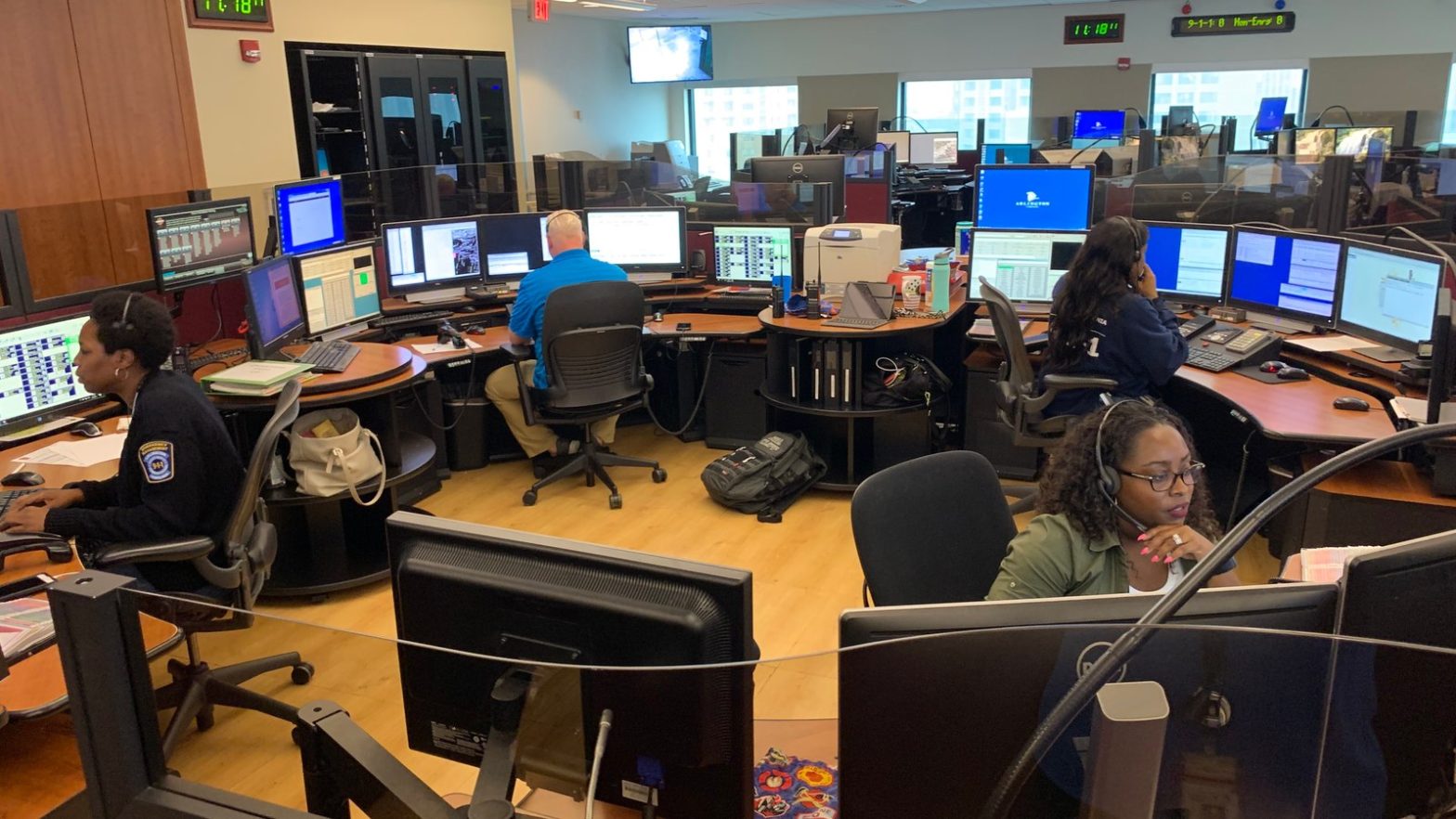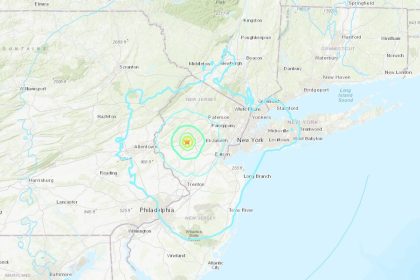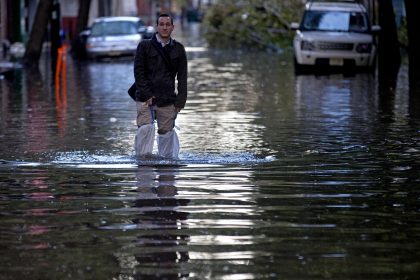FCC Plans to Address 911 Location Issues

WASHINGTON — North Carolina is in the process of implementing its newest 911 technology that will connect callers to emergency call centers “almost immediately — when a caller takes their finger off the last one it is ringing,” said L.V. Pokey Harris the executive director of the North Carolina 911 Board.
Of the state’s 127 call centers, 124 now have the internet-based Emergency Services IP Network technology that provides dispatchers with near exact locations of callers with the last three centers expected to be equipped sometime this fall, she said during a phone interview with The Well News Wednesday.
While North Carolina is on the forefront of this update to its 911 systems, the Federal Communications Commission is working to expand this technology across the country. The four members of the commission voted unanimously Wednesday, at the FCC’s open meeting, to update a 2018 study that looked into the location-based routing that would more easily pair callers with their closest dispatch center and “Next Generation” 911 technology. Chairwoman Jessica Rosenworcel proposed federal funding for these upgrades.
During the meeting, Rosenworcel recalled visiting Little Rock, Arkansas, where she learned if a call came in from a specific corner of the city it would be rerouted to a call center in North Little Rock on the other side of the river. That’s because current technology routes 911 calls from cell phones to the dispatch center closest to the cell tower, she explained.
“That’s a problem. Because when you make a 911 call, seconds matter, 911 calls that are routed to the wrong call center need to be rerouted to the right one. That takes time you may not have,” Rosenworcel said.
As of 2021, 80% of 911 callers use their cell phones, according to the National Emergency Number Association.
The commission’s involvement in these issues is important for the states that haven’t made the switch, like New York.
It’s a very expensive process to switch from the copper wire analog system to a totally digital system, said Marc Kasprzak, president of the New York State 911 Coordinators Association and director of emergency communications of the Niagara County Sheriff’s Office.
“There’s always been that joke that Dominos can find me, but 911 can’t,” Kasprzak said during a phone interview Wednesday.
He explained that third-party services often provide the location data to dispatchers not using the most up-to-date technology. And sometimes, those third-party services get it wrong, especially if someone is using an older phone, he said.
“Typically, older people who may need the most help have the older phones, which aren’t as reliable,” Kasprzak said. So, updating the system would help the most vulnerable, he said.
The state was planning its update to the 911 system before COVID hit, and it had to be placed on the backburner, he said. They are renewing that process, he said.
Overall, “good location info being delivered with the call is important, especially for those callers who cannot talk or who do not know where they are,” he said.
An estimated 6,000 call centers across the country don’t have this new technology, Rosenworcel said.
Typically, 911 services are paid for on a local and state level, however, Rosenworcel wants federal funding for these programs.
“That’s why I’ve suggested we should put our public airwaves to a broader public purpose in support of next-generation 911,” she said.
In 2021 the commission made $81 billion in one 5G spectrum auction. And there’s been more auctions since, with another auction planned for July, Rosenworcel said Wednesday.
However, there needs to be legislation to continue these spectrum sales, which have been allowed since 1993.
Spectrum sales have allowed public use of government airwaves for technology including 5G. And recently the commission took steps to better regulate spectrum receivers, allowing more airwaves to potentially open for sale.
“We should work with Congress and public safety officials to use the billions of dollars that FCC spectrum auctions raise to build the public infrastructure this country needs, starting with using future auction revenues to fund the nation’s transition to next-generation 911,” Rosenworcel said.
“I think this is a golden opportunity. It would benefit public safety nationwide—and every one of us who dials 911 when the unthinkable occurs.,” she said. “In short, we can have an updated public emergency calling system that is built for the digital age, and we can use public airwaves to do it.”
Madeline can be reached at [email protected]























